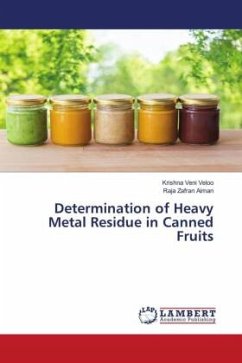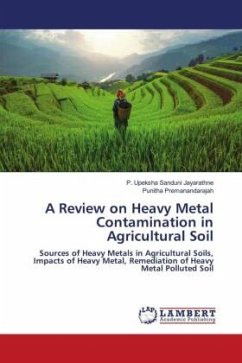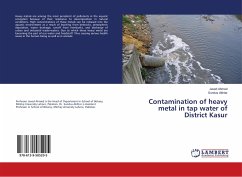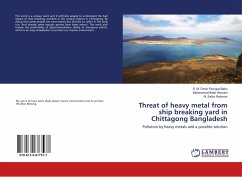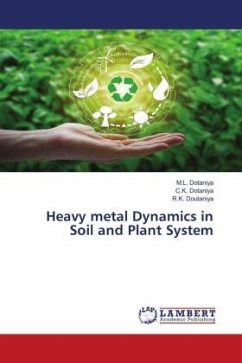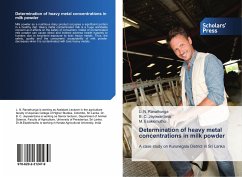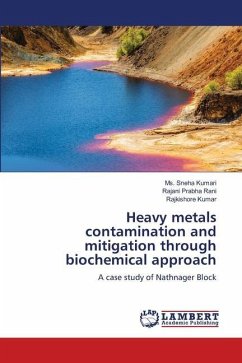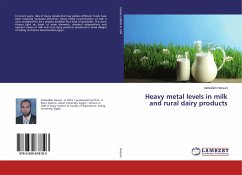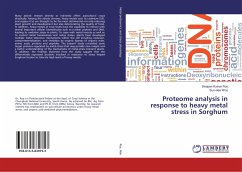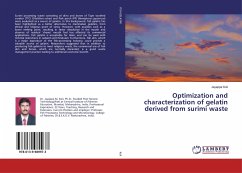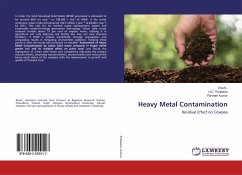
Heavy Metal Contamination
Residual Effect on Cowpea
Versandkostenfrei!
Versandfertig in 6-10 Tagen
41,99 €
inkl. MwSt.

PAYBACK Punkte
21 °P sammeln!
In India, the total Municipal Solid Waste (MSW) generated is estimated to be around 68.8 mt year-1 or 188,500 t day-1 of MSW. If the trend continues, urban India will generate 160.5 million t year-1 (4,40,000 t day-1) by 2041. This calls for an evolved waste management system and sustainable waste-to-energy generation technology. Urban solid waste compost consists about 51 per cent of organic waste, utilizing it in agriculture not only improves soil fertility but also can save chemical fertilizers. If MSW is utilized scientifically through segregation and composting results in mitigating envir...
In India, the total Municipal Solid Waste (MSW) generated is estimated to be around 68.8 mt year-1 or 188,500 t day-1 of MSW. If the trend continues, urban India will generate 160.5 million t year-1 (4,40,000 t day-1) by 2041. This calls for an evolved waste management system and sustainable waste-to-energy generation technology. Urban solid waste compost consists about 51 per cent of organic waste, utilizing it in agriculture not only improves soil fertility but also can save chemical fertilizers. If MSW is utilized scientifically through segregation and composting results in mitigating environment pollution. Keeping these points in view, the study was conduced on entitled "Assessment of Heavy Metal Contamination by urban solid waste composts in finger millet grown soil and its residual effect on pulse crop" and found the segregation of urban solid waste and composting improved the primary macronutrients, secondary macronutrients, micronutrients and reduced the heavy metal status of the compost with the improvement in growth and quality of Cowpea crop.



